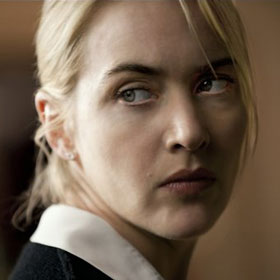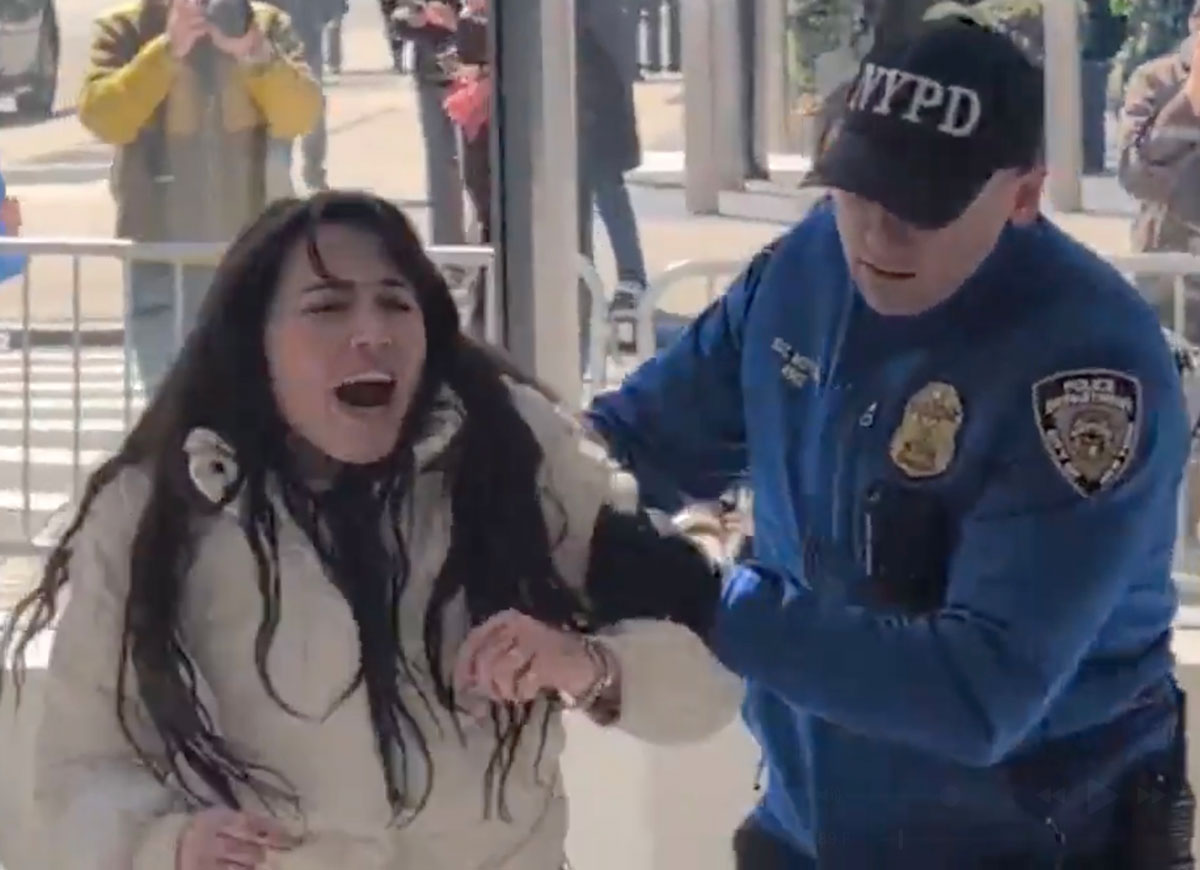Carnage

2/5
In horror movies, characters often find themselves impossibly stuck. They run upstairs and hide in the closet, or under the bed, hoping the axe-wielding murderer won't bother to look there. Or, hurriedly trying to drive to safety, they get the keys in the ignition, but the car won't start (cue audience groaning.)
In director Roman Polanski's Carnage, which sounds like a horror movie, the technological culprit is a slow elevator that can't seem to get Nancy and Alan Cowan (Kate Winslet and Christoph Waltz) out of range from Penelope Longstreet's (Jodie Foster) aggressively passive-aggressive digs at their parenting skills. Repeatedly the Cowans try to bail on the awkwardness, but before the rickety old machine can lift these uber-busy one-percenters (he's a lawyer, she's a banker) out of the Longstreets' apartment, something intervenes to call them back.
At one point it's the invitation to have coffee and homemade cobbler. Another time it's the feeling of irresolution that, as civilized grownups, they have not accomplished what they set out to do — to settle a playground dispute between their two sons that turned physical. Every time, though, the Cowans fail at leaving, the feeling brought on is akin to that occasioned by the faulty ignition; a mix of dread for what horrors await and disappointment that the filmmakers are keeping these specimens, their characters, so tied up. "Let them go!" one yearns to cry out. "Give them a chance, please!"
The desire to see the central conflict of the film immediately dispersed is a strange and unexpected one, given the level of talent involved. The film's four actors — Foster, Winslet, Waltz and John C. Reilly — have a total of four Oscars among them (Foster has two, while reliable ol' Reilly has none). You'd think locking them in a room together under the vaguest of circumstances and simply filming two hours worth of improvised dialogue would be all a filmmaker would need to create something deliciously watchable and interesting. Throw in a few shots of whiskey and the whole thing might be a laugh-out-loud riot.
That alternate, improvised, candid film is the ghost that haunts Carnage throughout its brief 79 minutes. Flashes of hilarious spontaneity so quick and airy — a sideways glance by Winslet, Reilly's shrill burst of anger, Foster's monkey bar climb up a withheld bottle of scotch — send small shivers down our backs, inklings that a greater movie, CARNAGE!, waits in the wings. Meanwhile little Carnage, meekly suffering from the imaginative equivalent of stomach flu, reminding us, as so many films are inclined to do these days, that the niceties of bourgeois life repress animalistic urges akin to rage. Yawn.
We have playwright Yasmina Reza to thank, mostly, for a script trying to shove Freud-Lite down our throats. Her play, Les dieux de carnage, which inspired this film, is inferior to her other well-known play, Art, which is itself fodder for undergraduate discussions on the scripted definitions of "beauty," "art" and "friend" that we all (it assumes) find so unsatisfactory. The content of the message, though, is not the real problem with Carnage. Method is much more of a concern in a film that feels at once truncated and yet still too long. Perhaps if it had been done bigger, in bolder colors and with more room to breathe, we wouldn't have felt — along with the Cowans — a desperate urge to flee.
RELATED ARTICLES
Get the most-revealing celebrity conversations with the uInterview podcast!





Leave a comment